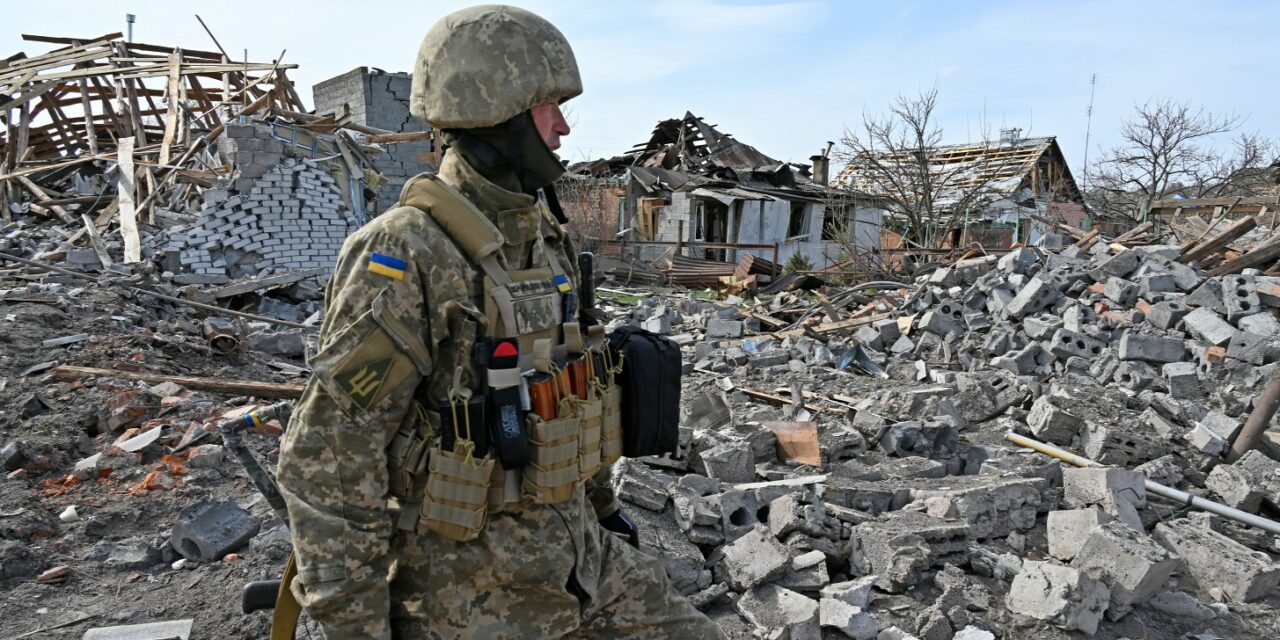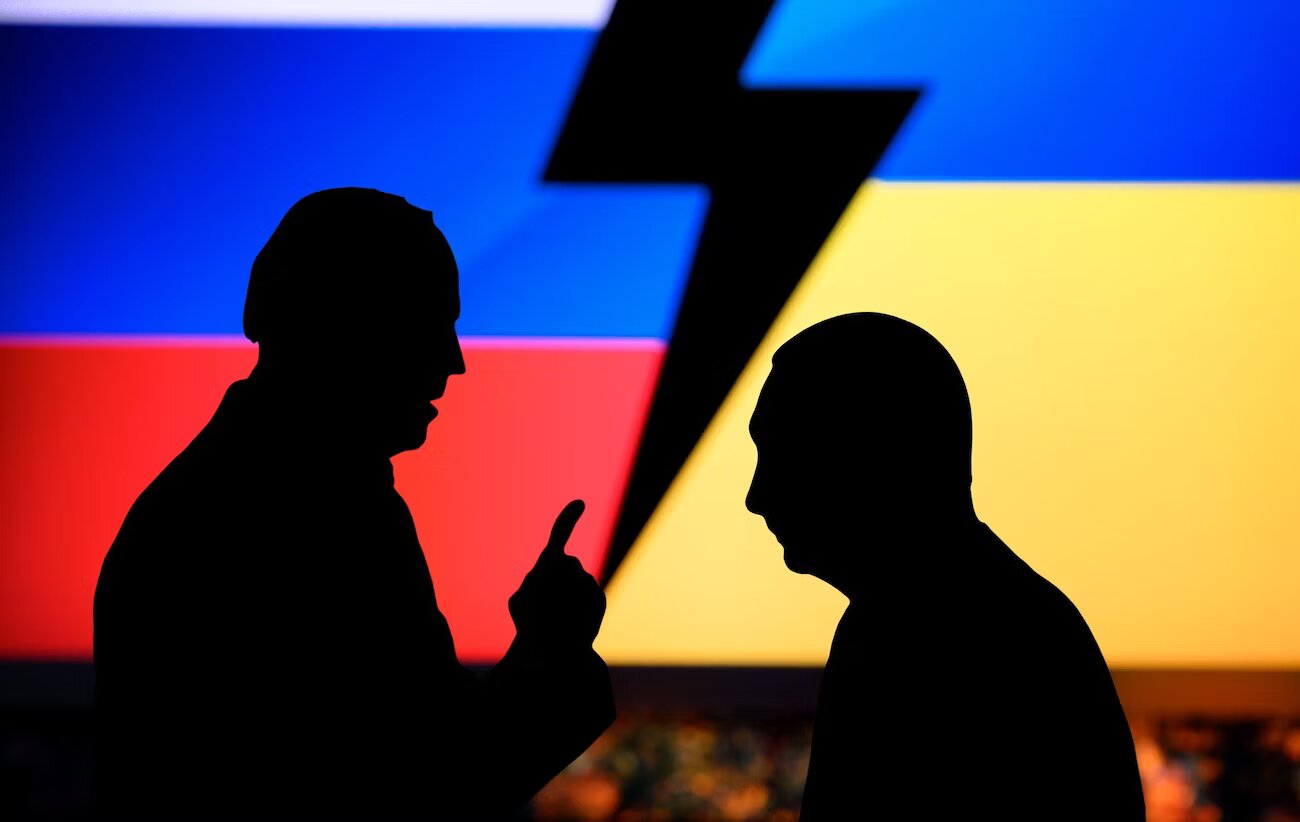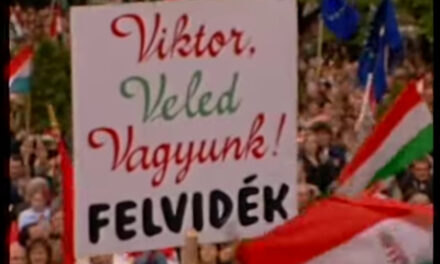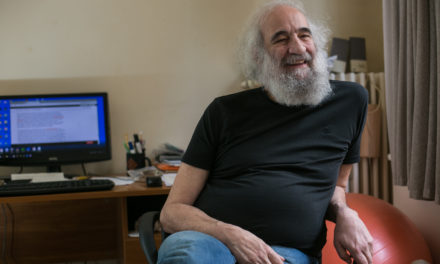Two recent reports raise the question of whether the Russian-Ukrainian war could have been stopped early, and whether the lost proposals for a ceasefire and peace are still relevant. writes Matthew C. Mai, associate editor of The National Interest.
Since the start of the Russian-Ukrainian war, senior US officials have said the Russian president has balked at withdrawing forces or ending the war short-term. Putin's statements in recent months certainly indicate that this assessment is largely correct, especially as it has become clear to Moscow that the US and NATO are deeply committed to proxy warfare.
However, two recent reports also raise the question of whether the Russian-Ukrainian war could have been stopped early, and whether the lost proposals for a ceasefire and peace are still relevant.
And if the answer is yes, then should US strategy in Ukraine be adjusted?
is an article in the latest issue of Affairs by Fiona Hill, a former National Security Council Russia expert, and Angela Stent, a senior fellow at the Brookings Institution, in which the authors wrote:
According to several former senior US officials, in April 2022 Russian and Ukrainian negotiators appeared to have tentatively agreed on the outlines of a negotiated interim settlement: Russia would return to the conditions of February 23 – when it controlled part of the Donbass and all of Crimea held - and Ukraine undertakes to abandon its intention to join NATO in exchange for security guarantees received from other countries."
Why did this agreement fail?
One answer may be that former British Prime Minister Boris Johnson, upon hearing about the interim settlement, flew to Kiev to tell Ukrainian President Zelensky that the West does not support such an agreement. According to a May 5 report by the Ukrainian online newspaper Ukrainska Pravda
"Sources close to Zelensky" said that "Johnson's view is that the collective West feels that Putin is actually not as strong as previously believed, and the report also noted that "three days after Johnson's visit to Kiev, Putin publicly made a statement that the negotiations with Ukraine had "reached an impasse".
According to an exclusive report by Reuters last week, the above seems to be authentic. One of Putin's top aides, Dmitry Kozak, reportedly struck a deal with Ukraine early in the war in which Kiev agreed not to join NATO. Another source claimed that the deal was discussed just before the February 24 attack. Regardless of the timing, Putin rejected the deal because its terms were insufficient. (Reuters was also unable to verify that Ukrainian officials had committed to the deal.)
If the latter claim is true, it appears that Russia was not interested in diplomatic options from the start.
But there is reason to suspect that this was not the case.
In April, Russian Foreign Minister Sergei Lavrov criticized a Ukrainian proposal that contained "unacceptable" provisions and differed from measures previously agreed to by Ukrainian and Russian negotiators. The discussed proposals reportedly included stipulations that Ukraine would not join NATO, remain neutral, without nuclear weapons, but receive international security guarantees. These measures were similar to the basic demands Russia made in public proposals to the US and NATO months earlier. And yet, more than four weeks after the Russian invasion, the talks broke down.
If Putin knew from the beginning of the war that he was avoiding diplomacy, why did these multi-round negotiations take so long? What would they have meant?
Conditions on the battlefield were still volatile and uncertain, with Russia's bid to capture Kiev stalled in early March, and just a month later Russian forces completely withdrew from the areas surrounding the Ukrainian capital.
Putin could have rejected the deal because he wanted to apply military pressure first and see if he could squeeze a higher price from the Ukrainians at the negotiating table. His decision at the time was based on overly optimistic assumptions that Kiev was reeling from the "shock and awe" of the invasion, and that Ukraine's security, defense and law enforcement agencies were also reeling or engaging in subversive activities.
Both assumptions clearly did not take into account the integrity of Ukrainian state institutions. Ukraine's recent advances in northeastern Kharkiv Oblast may appear to vindicate the arguments of those who have called on Kiev not to come to the negotiating table and instead expel all Russian forces from its territory.
However, Putin has made it clear that he will not accept a strategic defeat where Russia has gained nothing, only that the US and NATO continue to arm and train the Ukrainians.
It is an open question whether all this prompts the Russian president to general mobilization (the article was published on September 20, on the 21st Putin announced a partial mobilization - ed.) , because he cannot achieve his goals with the available units. Also, comments about the declining quantity and quality of equipment are ominous, especially as Russia buys drones, artillery shells and missiles from Iran and North Korea.
However, despite Ukraine's reticence about its manpower challenges, there is no reason to believe that the Ukrainians are immune to the same problems that plague Russia's combat effectiveness.
i.e. Ukraine's ability to maintain its offensive and consolidate control over the recaptured territories in Kharkiv and Kherson Oblasts. In addition, Ukraine's budget situation is in dire straits, and the millions of people leaving the country are putting enormous pressure on underfunded public services, and the temperature is dropping; winter is coming.
So the Biden administration must move quickly if it wants to capitalize on Ukraine's battlefield momentum. A general Russian mobilization would be risky for Putin,
but it can also reverse Ukraine's gains.
If Putin were approached by the West with a diplomatic solution made at the beginning of the war - neutrality, renunciation of nuclear power status, international security guarantees, and supervised referendums in Donetsk and Luhansk - it would allow him to achieve "victory" while avoiding an even bigger Ukraine crisis. destruction.
Featured image: AFP / Sergey Bobok













